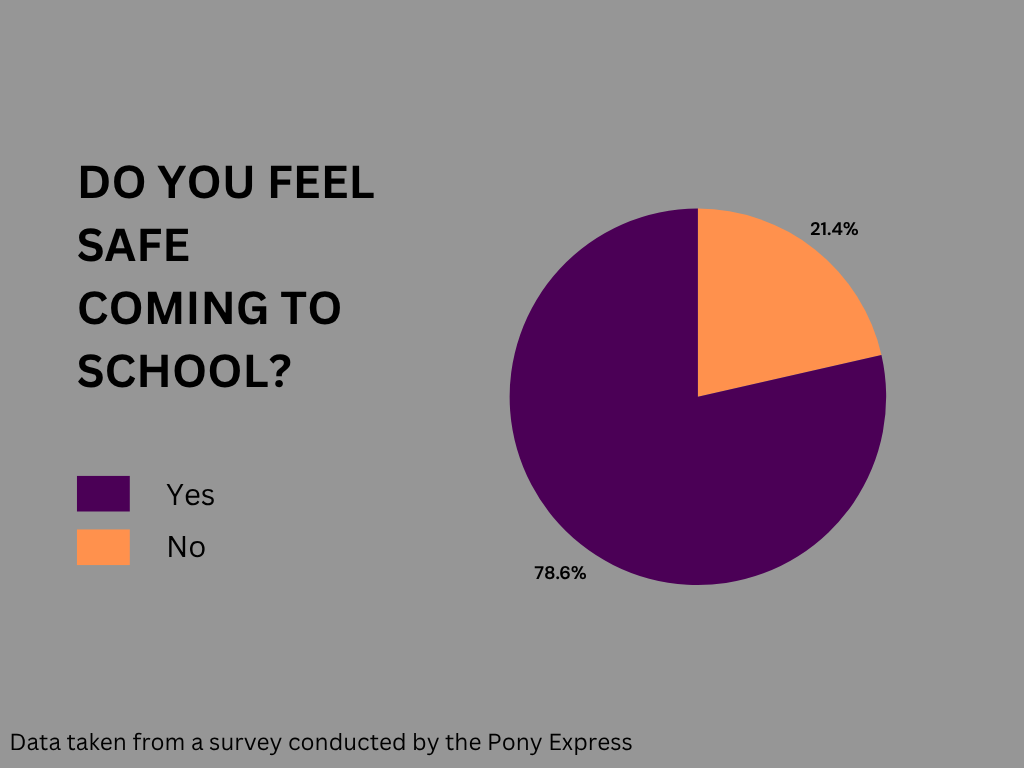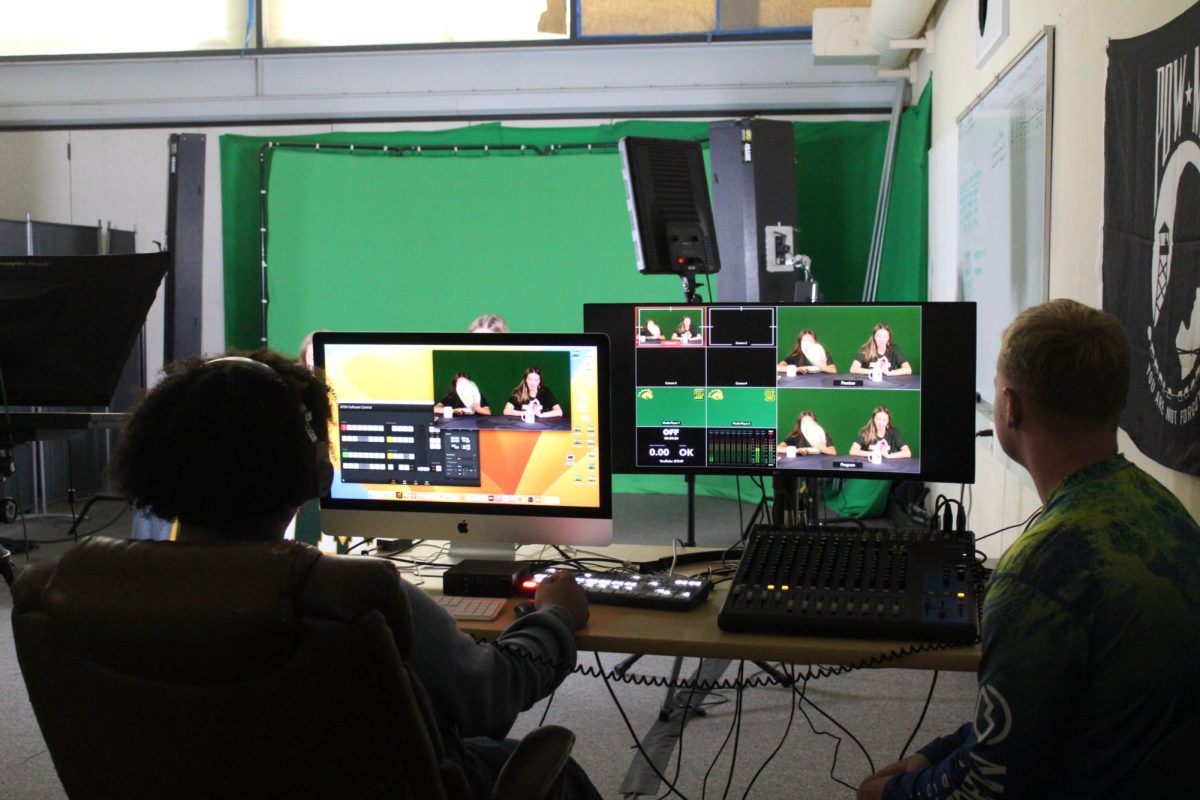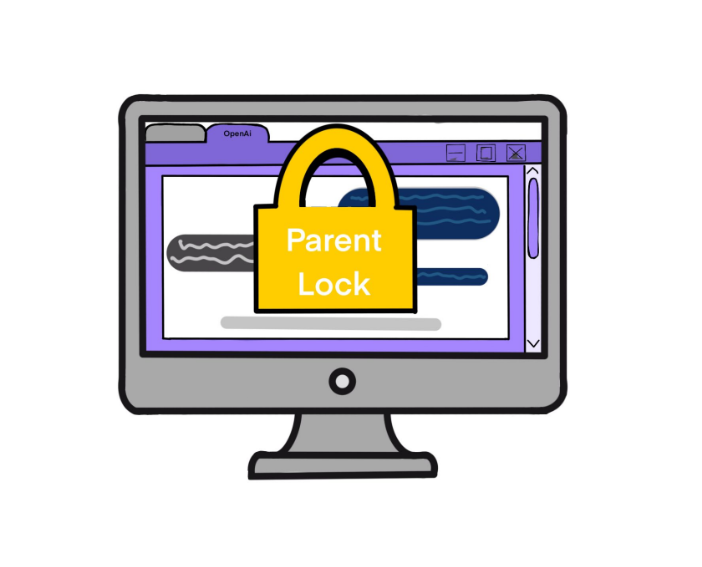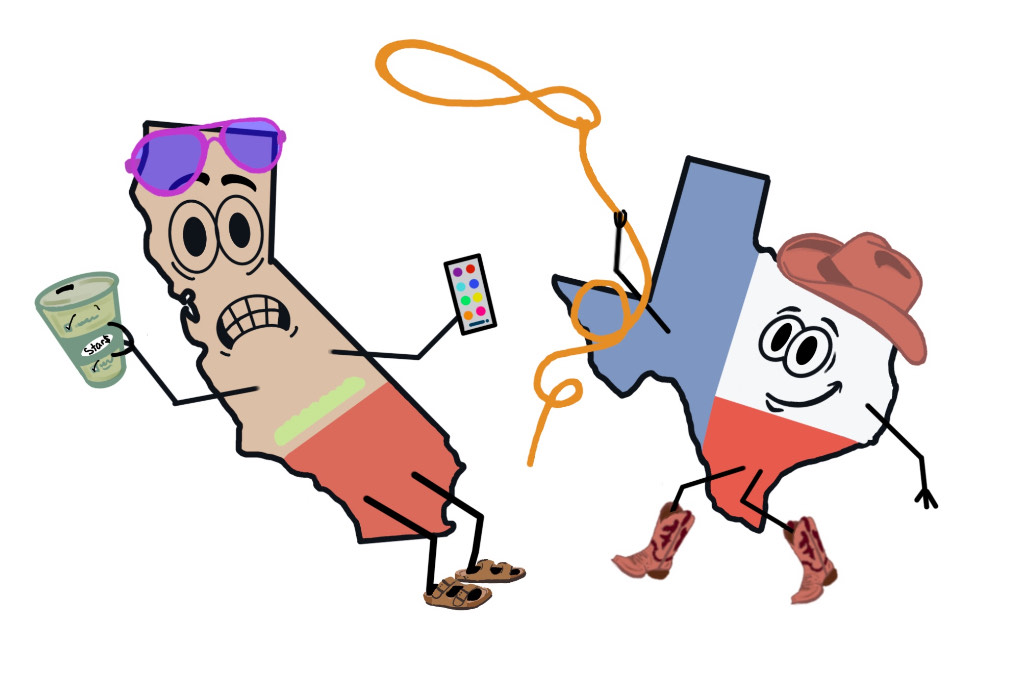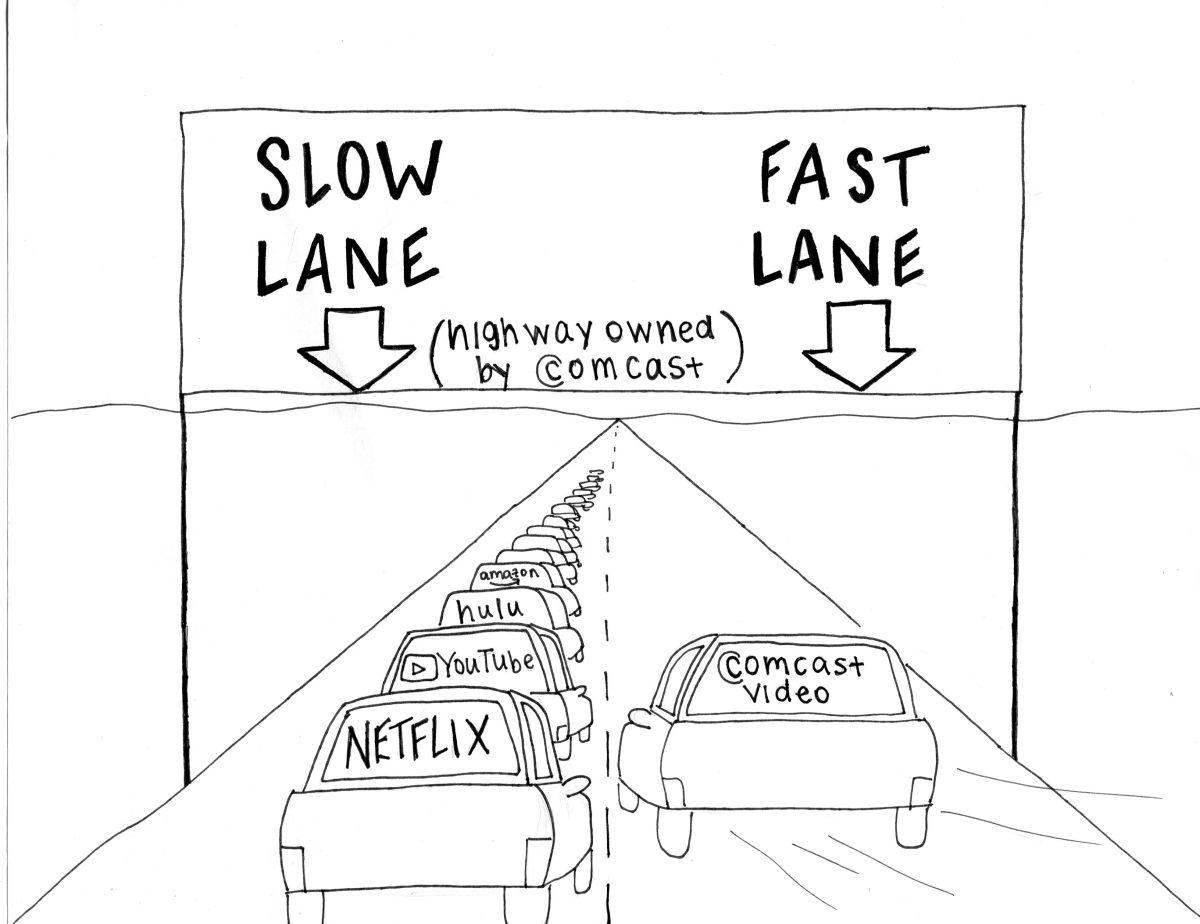The repeal of net neutrality could have consequences for schools, especially those who cannot afford higher prices for technology.
On December 14, 2017, the Federal Communications Commission (FCC) voted three to two to repeal Obama-era net neutrality policies.
Net neutrality is the principle that all data on the internet should be treated equally. Internet service providers, like AT&T or Comcast, were previously not allowed to slow down speeds, discriminate against specific content or charge money for faster speeds.
“Net neutrality is keeping the ‘traffic’ equal for every site, app, etc. It’s really practical for us,” sophomore Moira Aivaliotis said. “If we don’t have it, it can really inconvenience us, the consumers, and then the providers can take advantage of this and charge us a lot more for certain apps or websites.”
The repeal of net neutrality may impact schools and their use of technology. Some experts worry that students who cannot afford faster internet at home could struggle to complete assignments, and disparity between schools with more or less funding may increase.
“The internet, for the first time, leveled that playing field because it didn’t matter if you were in a wealthy school or an under-resourced school. And as soon as that goes away, we’re back to where we were before, where students are getting shortchanged based on the zip code they live in or the socioeconomic status of their community,” Richard Culatta, CEO of the International Society for Technology in Education, said on National Public Radio.
The current FCC chairman, Ajit Pai, and others opposed to net neutrality, argue that internet service providers should be able to charge a larger company, such as Netflix, for faster internet speeds, instead of treating Netflix and a smaller competitor equally.
“By imposing those heavy-handed economic regulations on internet service providers big and small, we could end up disincentivizing companies from wanting to build out internet access to a lot of parts of the country, in low-income, urban and rural areas, for example,” Ajit Pai told the Public Broadcasting Service Newshour in an April interview.
The question of whether the internet should be treated as a public utility, like electricity and water, is also being debated. Supporters say it would help standardize internet access across the country, while others worry it would reduce innovation
“I am not a net neutrality expert. However, I disagree with most of the students who think that net neutrality is a good thing. I think net neutrality is unneeded,” social studies teacher Michael Spinrad said. “If we get government in there, putting up signs saying ‘you do this,’ ‘you do that,’ it slows that whole competitive process down and we no longer have the best system.”
But many large corporations, such as Google, Facebook and Netflix, have voiced their support for net neutrality. Proponents say that net neutrality reduces the possibility of internet service providers slowing down the speeds of their competitors.
In 2011, Google unveiled Google Wallet, but Verizon blocked their customers from using it, instead favoring their own payment app. This is an example of the behavior that would be possible following the repeal, supporters of net neutrality say.
“I think it is extremely important for students to know about net neutrality because it affects each and every one of them tremendously,” senior Ely Rossman said. “The age of the internet is upon us, and letting the freedoms of our internet be taken over by money-hungry companies like Comcast will only hinder the availability and capabilities of it for the majority of people.”
More than a million people have called their members of Congress, demanding an overruling of the FCC’s decision to repeal net neutrality. Currently, over 30 senators have signed a Resolution of Disapproval under the Congressional Review Act, meaning a vote on the repeal will take place. A majority vote in the Senate and House could overturn the repeal, although President Donald Trump could then veto it.
A survey from the University of Maryland says that 83 percent of Americans do not support the FCC repeal. Although Ajit Pai and President Trump, both Republicans, have taken a position against net neutrality, the survey shows that three out of four Republicans oppose the net neutrality repeal.
“I hope that net neutrality is brought back to benefit the majority, not the elite minority that is already thriving,” Rossman said.
